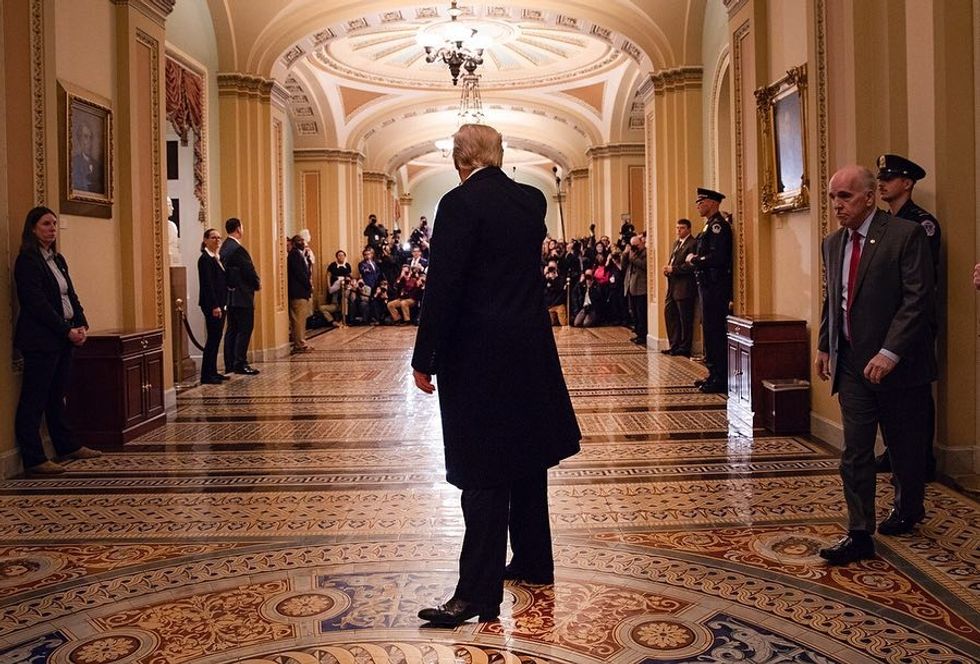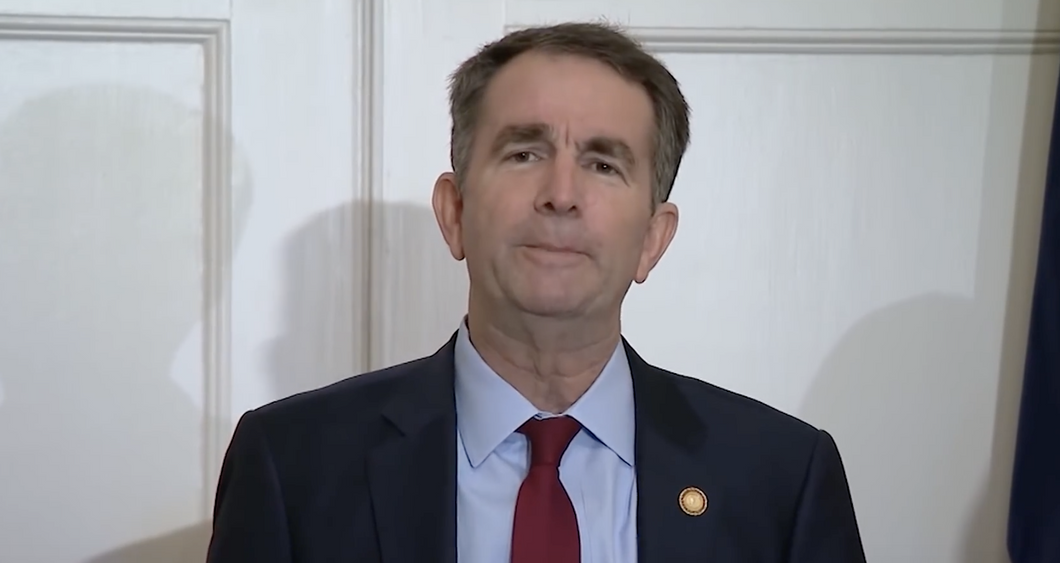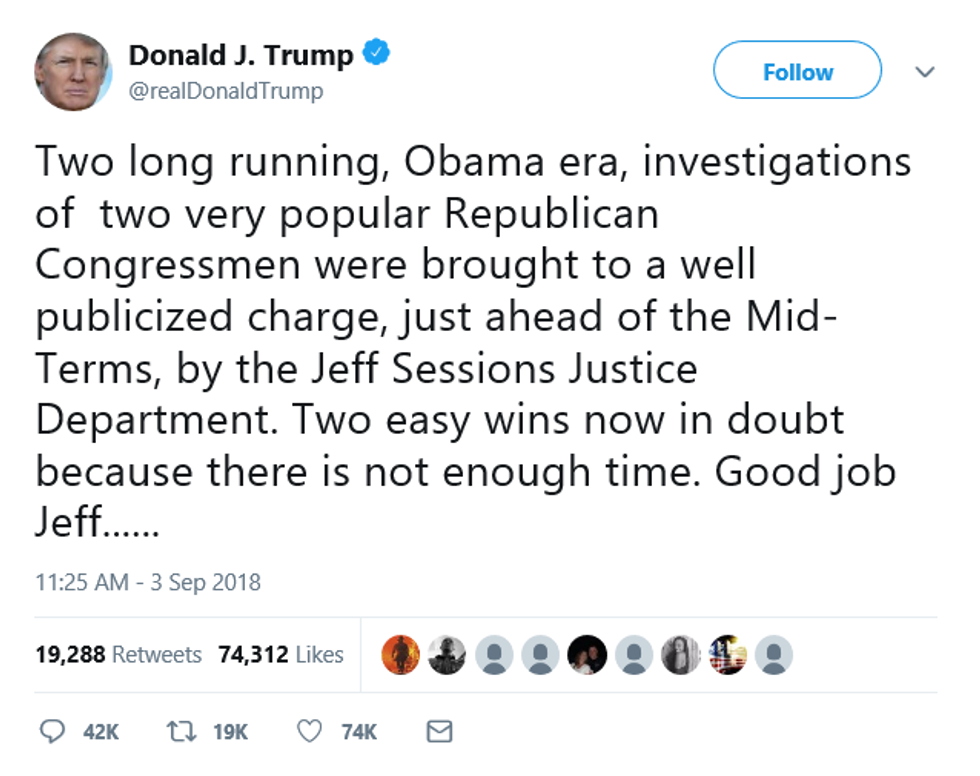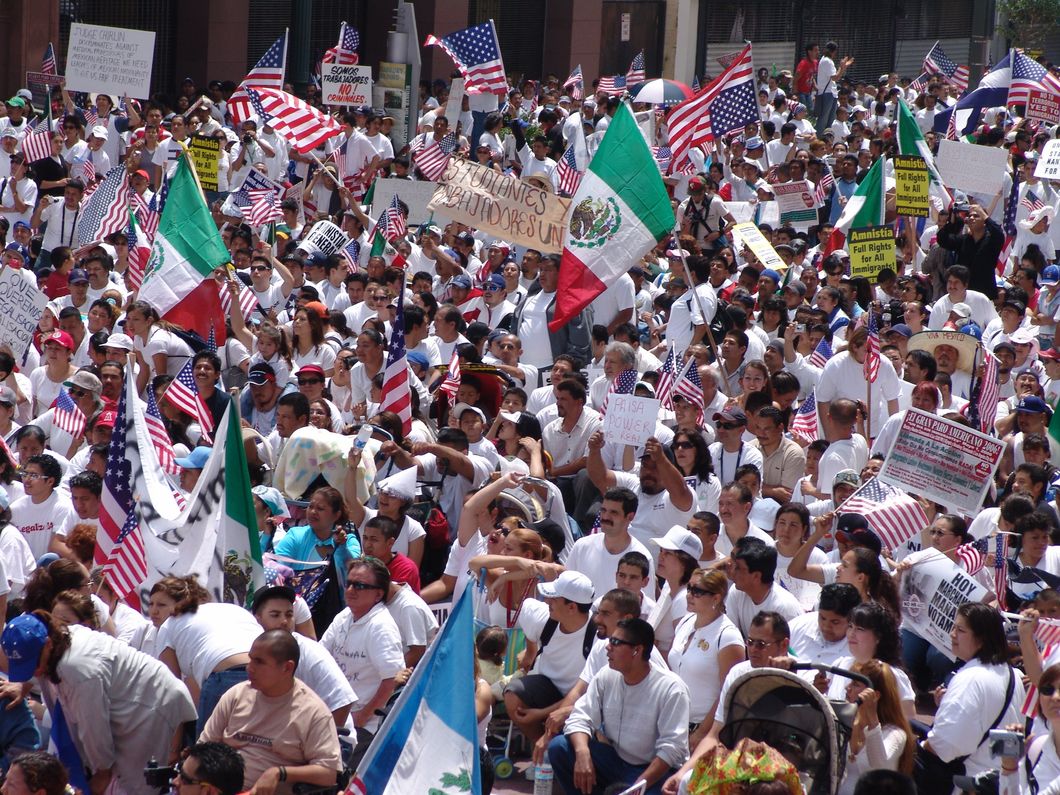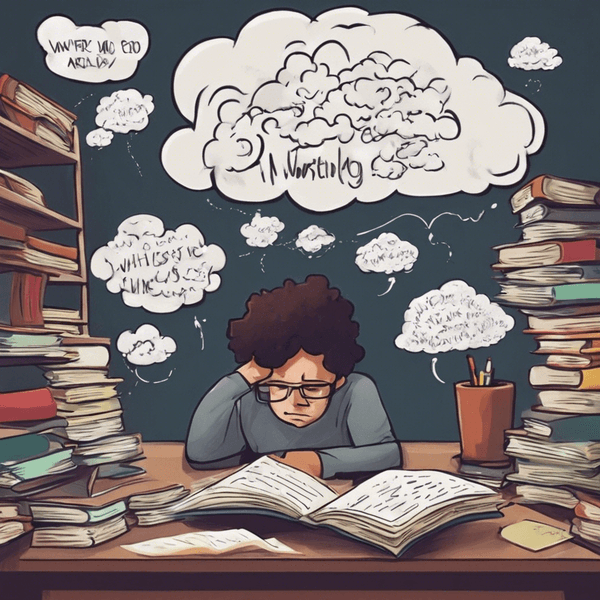To Redact Or Not To Redact
That is the question. What are redactions significant and how will they influence the Mueller Report?
If you have had a pulse for the last two years, you know about the Mueller Report. Remember, from one of my previous articles? The Special Council Report into Russian Election Interference in the 2016 Presidential Elections. Ring a bell? If not, you should educate yourself because this is pretty important stuff! Check out a few of my previous articles for some context and analysis, or just Google it.
If you have been keeping up with the seemingly daily barrage of news and speculation, you would know that the Mueller Report will be released to the public shortly. As this article will not go live until after the report's publication, I will not engage in speculation. We will simply have to wait and see what we can uncover in the depths of this report.
A few weeks ago we learned that Mueller had finished his report and submitted it to Attorney General William Barr. There was some testimony as there always is. Barr seemed to side with the President in a few cases. What was that about spying? Did anybody catch that? Regardless, we know that AG Barr has the report in his hands. Hopefully, he has bothered to read it.
Over the last two weeks, we have been wondering nonstop about whether the report is going to be released in its entirety. As of now, we know that is not the case. D-Day is scheduled for April 18, 2019. All the chips will fall, all of the marbles will be counted. Or whatever you do with marbles. But why are redactions such a polarizing issue?
What even is a redaction? According to Google, redacting is the process of editing a text for publication. Here in the political world, redactions are used to keep classified information, well, classified. There are certain pieces if information that some feel should not be shared with the public. These pieces of information could include grand jury information, witness identifications, facts about ongoing investigations, or matters deemed important to national security.
Obviously, in these cases, it makes sense for AG Barr to "hide" information from the public to ensure certain aspects of safety. As a people, we expect that our rights of privacy will not be infringed upon. We expect that if we are a cooperating witness promised anonymity, we will remain anonymous. As a nation, we must ensure that our national secrets are protected. If our enemies are freely given information about our internal governmental processes or state secrets, we will be worse off in the long run. Right?
The problem with redacting the Mueller Report is that the redactions will influence the way we view the report.
This all comes down to context. Imagine that your friend came to you one day saying they had some juicy gossip about your other friend.
You, being a truth-seeking individual, ask your friend for some evidence of this juicy gossip. Your friend obliges, handing over a document with some information but a whole bunch of blacked out lines and words. What are you to do? Is it best to believe your friend because he or she handed you "evidence"? Or can you say for certain that the juicy gossip was false?
Herein lies the problem with context. As the Mueller Report is redacted, we the people lose the valuable context for the determination of facts. Sources and their credibility can no longer be examined. Facts which prove or disprove information are hidden from view. Can you really trust your friend because he or she said one thing based off of a document you can only see half of?
This is the question that really matters when it comes to the influence of redactions on the Mueller Report. What matters more? Knowing the whole truth or possibly disclosing classified material? Which option is better for our country? I could give an educated opinion on this, nor would I want to. I am definitely not qualified because I do not know what is in the full Mueller report.
The problem is, who is qualified to make that determination? There is no clear answer. Our elected officials, governing bodies, or Attorney General? Truly, this is up to you. Regardless of your opinion, you have already made your choice. You have selected your representatives. What will they do?



